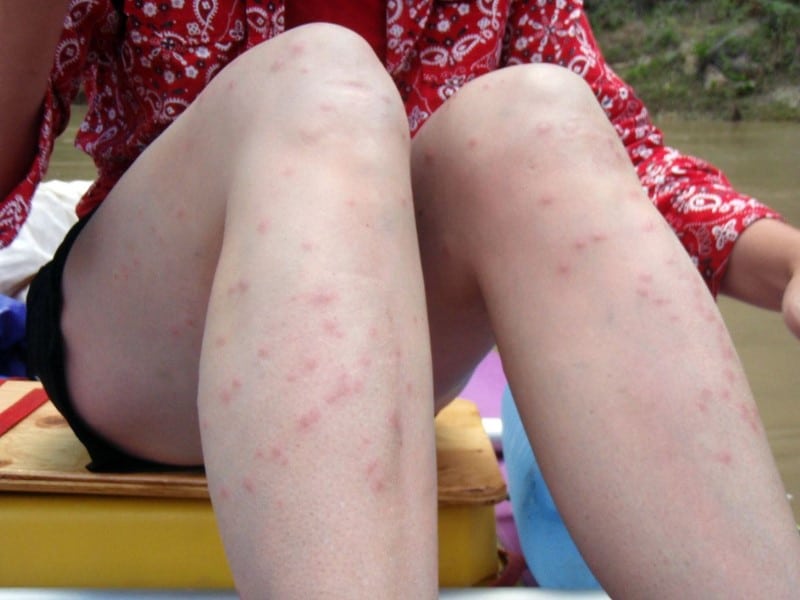Everyone has encountered the dreaded mosquito bite. It stings and irritates anyone immediately. The female mosquito responsible for the bite leaves you a nasty, inflamed rash. The rash is unsightly and when it itches, you make it worse by scratching it. Eventually, you have a scar from the irritated and broken skin. Mosquito rashes should be cared for very well, so that you don’t have to suffer from these marks.
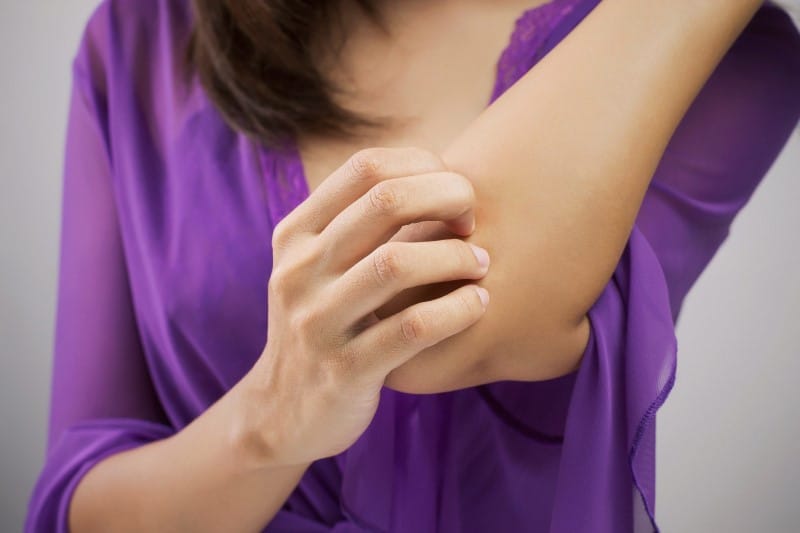
The Reason for Mosquito Bites
Remember that female mosquitoes are the ones who bite. They have piercing proboscis that enable them to penetrate your skin and acquire blood. The , female mosquitoes need the blood proteins to produce and nourish their eggs. The male mosquitoes do not bite and consume blood. They fly around flowering plants and suck the nectar out of them. After the female mosquito punctures your skin, it injects its saliva into you and this substance created the reactions that lead to the symptoms of a bite. Some of the said symptoms are bleeding, swelling, and soreness. Bites are annoying, uncomfortable, and itchy, but the most important aspect of the problem you can get from a mosquito bite is a parasitic or viral disease.
Reactions and Symptoms
Stealth is the secret weapon of many mosquito species. That is why most people do not notice their mosquito bites. Other mosquitoes are aggressive biters that have painful bites. Known symptoms of mosquito bites are the following:
- Red, hard, bump (or bumps) that manifest after the bite
- White puffy bump that appears minutes after the bite (Has a tiny red dot in the middle of the said bump.)
- Dark spots resembling bruises
- Swelling around the mosquito bite
- Instead of hard bumps, there are small blisters
For kids and patients with immune system conditions, the symptoms include the following:
- Hives
- Low-grade fever
- Headache
- A big area of redness and swelling
- Lymph nodes that are swollen
Even if mosquito bites are not painful, they can bring about certain responses in your body. Some may have less sensitivity to the saliva of mosquitoes because of frequent exposure. Others can develop allergies. Asthma-like symptoms, inflammation, and blistering are some of the common symptoms of an allergic reaction to mosquito bites. Mosquitoes are also capable of transmitting diseases such as dengue fever, yellow fever, encephalitis, and malaria. Mild reactions to mosquito bites reduce swelling and itching. You should always talk to your doctor first before you take new medications. Eventually, some individuals develop immunity to mosquito saliva. They do not suffer from any symptoms anymore when they are bitten.
Severe allergy symptoms from mosquito bites are the following:
- excessive swelling
- blistering rashes
- bruises
- anaphylaxis (rare)
- hives (rare)
- asthma attack (rare)
*** If you start to suffer from anaphylaxis, consult a medical professional immediately.
Preventing Bites Outdoors
When you know you are going outside, wear beige or khaki clothing. Mosquitoes are not attracted to these colors. Also, use unscented varieties of soap, lotion, or shampoo. You can also stay inside your house when it is sunset until sunrise. Using repellents with natural ingredients can also keep the skeeters away. Be careful in using repellents. Make sure that they do not touch your eyes or mouth. If you are going to apply repellents to small children, take extra care.
Allergic Reactions of Insect Bites on Your Skin
Mosquito bites bring about allergic reaction on the skin on some people. Other biting insects produce the same thing. Hives, sneezing, and rashes can show up suddenly, but they are harmless. If you are concerned about skin reactions, which are accompanied by other significant symptoms, you need to see your healthcare provider.
Below are the usual skin reactions you see after a mosquito bite:
1.Hives. This an allergic reaction usually caused by certain chemicals such as histamine. The said chemicals are released into the bloodstream, causing urticaria. Hives are skin-colored or red-colored welts that appear and disappear for several days. They turn white when you pass their center. Hives can range from a tiny dot to a few inches in diameter. They can even join but they do not leave a mark that lasts. To treat hives, use topical allergy creams or sprays. Oral allergy medications should be used if the hives are widespread already. These oral medications help relieve itching and swelling, preventing you from scratching the hives. It is important for you to avoid tight clothes, hot showers, or hot baths just after or during the appearance of hives. If your throat swells up suddenly or if you experience any other severe symptom, call your doctor.
2.Rashes. Here are some of the known symptoms of rashes after a mosquito bite:
- bumps or swelling
- redness
- itchiness
- blisters or oozing
- scaling or flaking
Rashes may spring out on the onset of overheating allergies, or infection. If the irritant comes in contact with your skin, contact dermatitis can manifest. Contact dermatitis is a burning, red, and itchy skin area, which can come with blisters. It usually takes a day to two days for rashes to show. The allergic reaction may not occur on initial contact. It commonly springs up after encountering the same irritants several times. Aside from mosquito bites, other causes of allergic contact dermatitis are metals, poison ivy, poison oak, detergents, latex, cosmetics, or rubber. You can treat rashes by cleaning the affected area with water and soap to eliminate the irritant. Itchiness can be relieved by itch sprays or itch creams. You can use itch sprays, itch creams, or oral allergy medications to relieve itchiness. You can sooth the itchiness by applying wet and cool compresses on the affected area. See your physician if your rashes are accompanied by certain symptoms, severe, do not disappear in a week, or aggravated immediately.
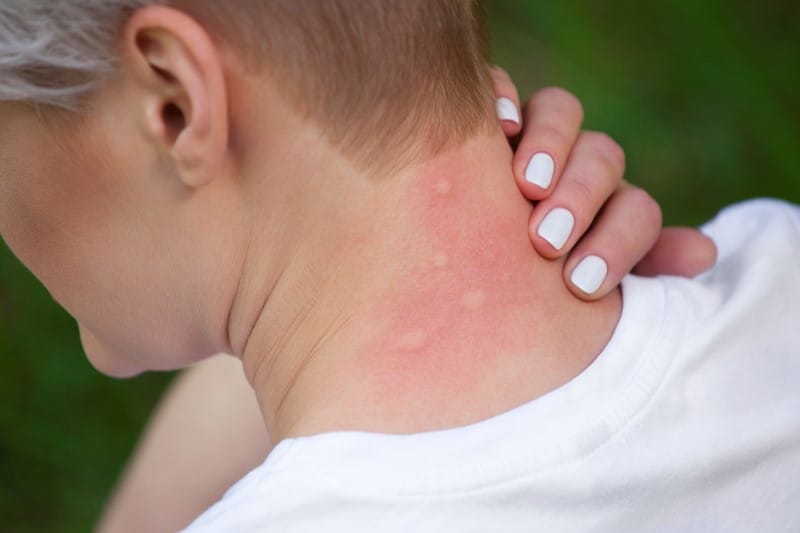
3.Ordinary insect bites. Once you are bitten by a mosquito or any other biting insect, your immune system reacts by reacting through pain, redness, itching or swelling. Itching, redness, swelling, blistering, and tenderness spring about after a single or multiple bites. These signs usually last for only a few days. Topical relief is applied on the affected area. See your doctor if you experience symptoms such as difficulty breathing, hives, or swelling of the throat and face.
Common Skin Rash Care for Mosquito Bites
Female mosquitoes survive by sucking the blood of animals and humans. They have sharp, elongated, and thin proboscis that acts like a hypodermic needle to puncture the host’s skin to suck the blood. The proboscis is very tiny that oftentimes, you do not feel the bite at all. Below are some of the best natural remedies or care methods for mosquito bites or rashes:
- Minced Garlic or Onions. Garlic and onion help soothe itching and decrease swelling brought about mosquito bites. Their strong smell also repels mosquitoes and other insects.
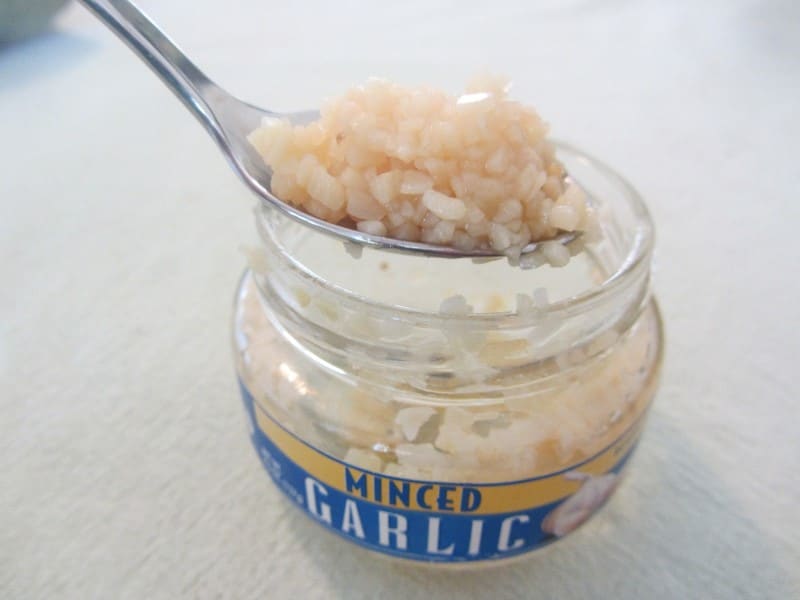
- Lemon. This citrus fruit has anesthetic and anti-inflammatory components that make the useful in taking care of mosquito bites. Just get a lemon and cut it into two pieces. Rub the inside part of one of the lemon halves on the affected area. You should also try rubbing lemon rind on your skin. When you apply lemon juice on the mosquito bite, to help decrease chances of infection. Crush basil leaves and add them to lemon juice before applying them on the bite site. Just mince some garlic or onions on the bite site, leave it there for a few minutes, and then wash it off.
- Aloe Vera. This herb has natural antiseptic properties, making it a very good treatment for mosquito bites. It reduces itching, pain, and swelling. Aloe Vera is also a helper in healing bites more quickly. Get a thick portion of an aloe vera leaf and extract its gel. You can purchase aloe vera gel from nearby stores if you do not have an aloe vera plant. Then chill the gel in the fridge for about ten to fifteen minutes. Rub it onto the bite area.
- Baking soda. You can use baking soda beyond the premise of baking. It can stop itchiness brought about by mosquito bites. As a natural basic substance, it can neutralize the skin’s pH and gives relief. Get a teaspoon of baking soda and dissolve it in a glass of water. Dip a gauze or a clean cloth into this solution, Then, place the moist cloth over the bite site for about ten twenty minutes. You can also make a paste using baking soda and hazel. Apply this paste on the bite and leave it for ten minutes. Wash the site with lukewarm water.
- Ice. Cold limits swelling and inflammation. It also numbs the affected area, giving you relief from various mosquito bite symptoms. Get some ice (wrapped in cloth) or an ice pack and place it on the bite site. This relieves swelling and itchiness. Cool running tap water will do fine if you do not have ide. You can also use a bag of frozen meat or vegetables on the bite site.
- Salt. You can create a past with table salt and water then apply it on the bite site. You can also make a past with garlic, salt, and water. When you apply this paste on the affected area, expect a burning sensation for a few seconds, followed by relief. Bathing in sea water also helps.
- Rubbing alcohol. This common antiseptic relieves irritation brought about mosquito bites. It also reduces infection.
- Toothpaste. This household item can help reduce itchiness from mosquito bites. Just dab some of it on the affected area.
- Tea Tree Oil. Tea tree oil is also classified as natural antiseptic. It can treat acne and mosquito bites, reducing itchiness and swelling. Get a cotton ball and dab some tea tree oil on the bite site. This oil is not for those who have sensitive skin because it will just cause skin irritation. You can also mix toothpaste with baking soda and menthol. Do not use gel toothpaste.
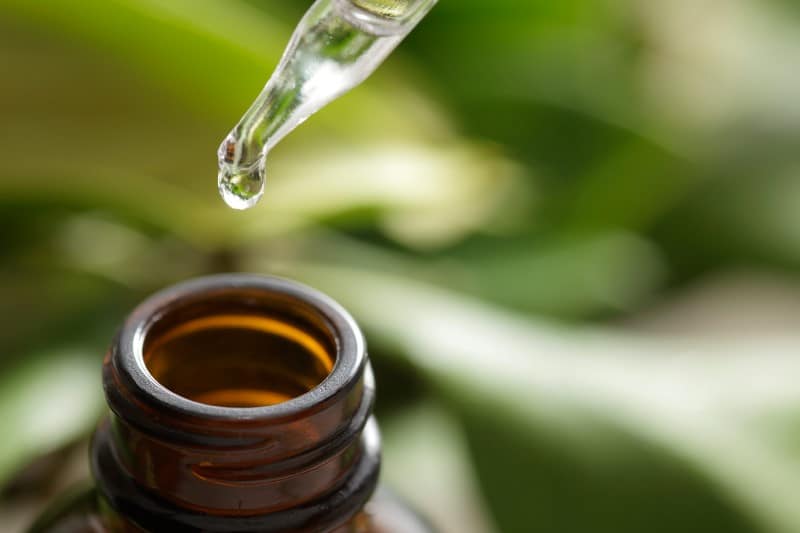
- Aspirin. Aspirin is known for its anti-inflammatory properties that control the swelling in mosquito bites. Just make an aspirin paste from ground up aspirin and water. Apply the past on the bite site and let it sit for a few hours. Then wash it off with tap water. You can also just rub aspirin on the bite.
- Oatmeal. What you have for breakfast can also be a care solution for a mosquito bite. Oatmeal has components that relieve swelling and itching. Make a paste with oatmeal and water. Place a spoonful of it on a piece of clean cloth and hold the paste-side down on the bite site for about ten minutes. Rinse the area after. An oatmeal bath is better if you have many mosquito bites. A cup of ground oats or oatmeal in a tub of warm water is good enough. Soak in your bath for about twenty minutes, while rubbing the clumped-up oatmeal on the irritated areas of your skin.
- Honey. Honey has anti-inflammatory and antibacterial properties. This has been used for hundreds of years and the best thing about it is that you have it in your pantry. Just put a small drop of honey on an itchy mosquito bite and be relieved.
- Scotch tape. Placing a strip of scotch tape on your bite helps remind you to leave your mosquito bite alone. If you scratch your mosquito bite, you could break your skin and pave the way for infection.
- Fingernail “X”. Placing an “X” on the mosquito bite with your fingernails is an effective way to eliminate the itchiness. At first, it is painful, but relief follows.
- Minty mouthwash. Just dab some minty mouthwash on your mosquito bite to relieve the itchiness. The menthol is the one responsible for the relief.
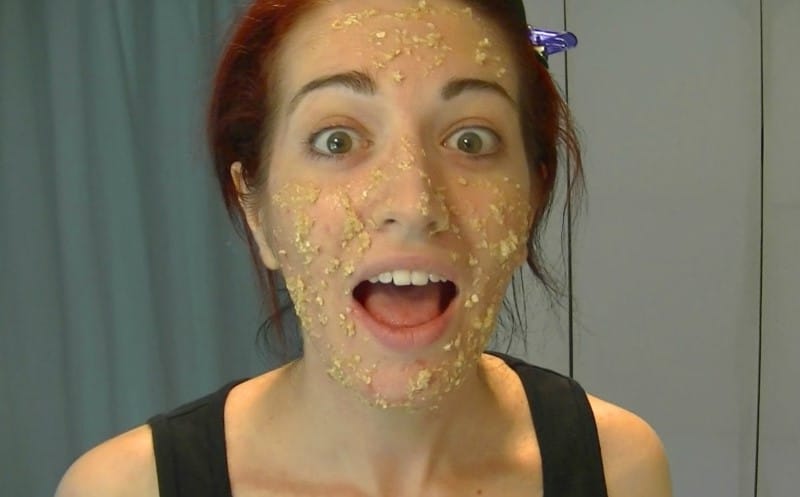
A mosquito bite rash is just one of the many insect bite rashes you may encounter in your lifetime. Here are the types you should consider and avoid:
- Mosquito bite rashes. These are rashes from a severe reaction to a mosquito bite. It occurs less frequently in those who are allergic to insect bites.
- Tick and flea rashes. A tick bite looks like a bullseye, while a flea bite rash is made up clusters of bites and usually look inflamed.
- Bed bug bite rashes. These appear about an hour after you have been bitten. Other people have it about a week after they were bitten. It really depends on how your body reacts to the bed bug saliva.
- Chigger bite rashes. You can find these rashes around the ankles, the waist, and in skin folds of your body. They usually appear hours after the chiggers bite.
